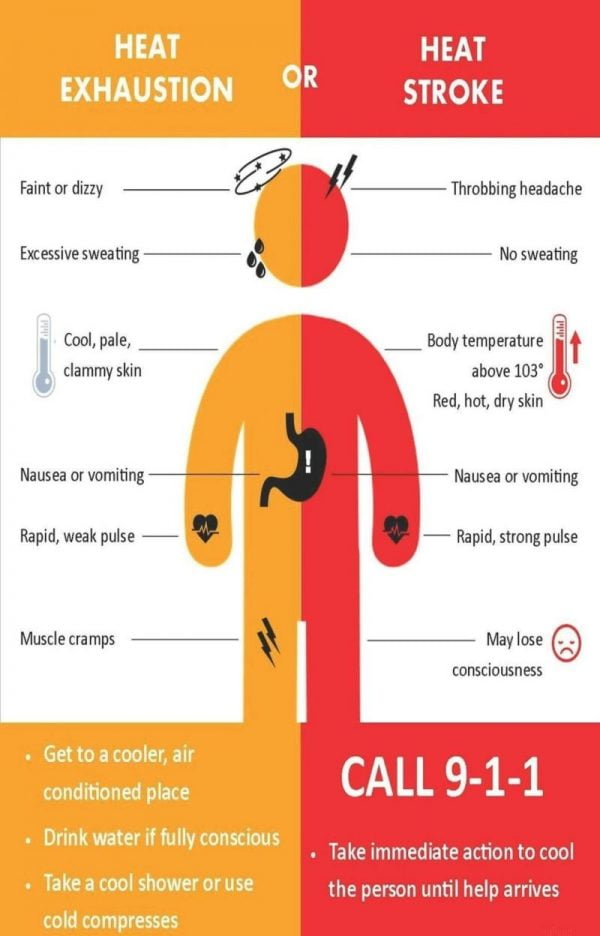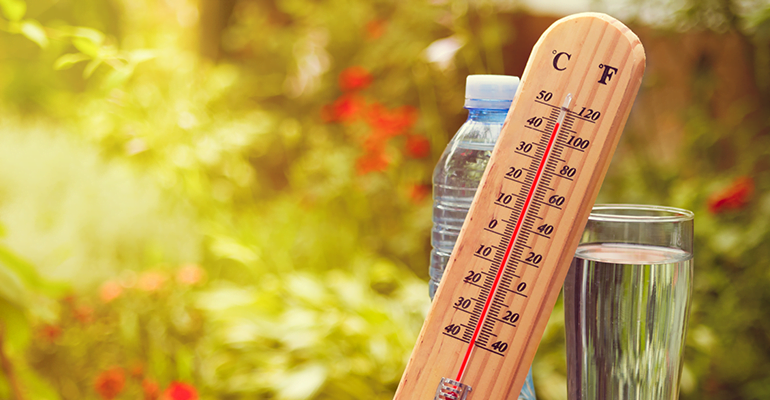The Dangers of a Summer Heatwave:
How you can help those experiencing homelessness
Excessive heat causes more weather-related deaths in the United States than hurricanes, flooding and tornadoes combined. According to the Center for Disease Control (CDC), heat-related deaths in this country increased by 56% from 2018 to 2021. NBC news reported that people experiencing homelessness account for nearly half of those deaths.
You can help reduce the risk of death by providing simple support to our most vulnerable community members and learning to recognize the warning signs that someone may be in danger. Heat exhaustion occurs with extended exposure to high temperatures and is made worse by high humidity.Signs and symptoms of heat exhaustion may develop suddenly or over time, especially with prolonged periods of exercise. Possible heat exhaustion signs and symptoms include:
- Cool, moist skin with goose bumps when in the heat
- Heavy sweating
- Faintness or dizziness
- Fatigue
- Weak, rapid pulse
- Low blood pressure upon standing
- Muscle cramps
- Nausea
- Headache
If you notice someone experiencing these symptoms, you can help by providing them with water and helping them to find shade. When heat exhaustion is left untreated, it can become deadly as it progresses to heat stroke. Anyone experiencing symptoms of heatstroke requires immediate medical attention.

During a heatwave, you can help people experiencing homelessness, to prevent episodes of heat exhaustion or stroke. Here are tips that experts from around the globe recommend:
- Provide water or electrolyte drinks.
- Provide an umbrella for shade.
- Donate hats, sunglasses, and lip balm.
- Provide Sunscreen. Preventing sunburn helps to prevent dehydration.
- Donate to St. Paul’s Center or other local organizations that work with people experiencing homelessness. These organizations can mobilize quickly and get help to our most vulnerable community members.
- Know the location of your local library. They are open and act as cooling stations for those in need.
One final note: The Associated Press notes during a heatwave, if you see someone laying in the sun, do not assume they are sleeping. This is the time to put assumptions and biases aside and check to see if the person needs assistance.

